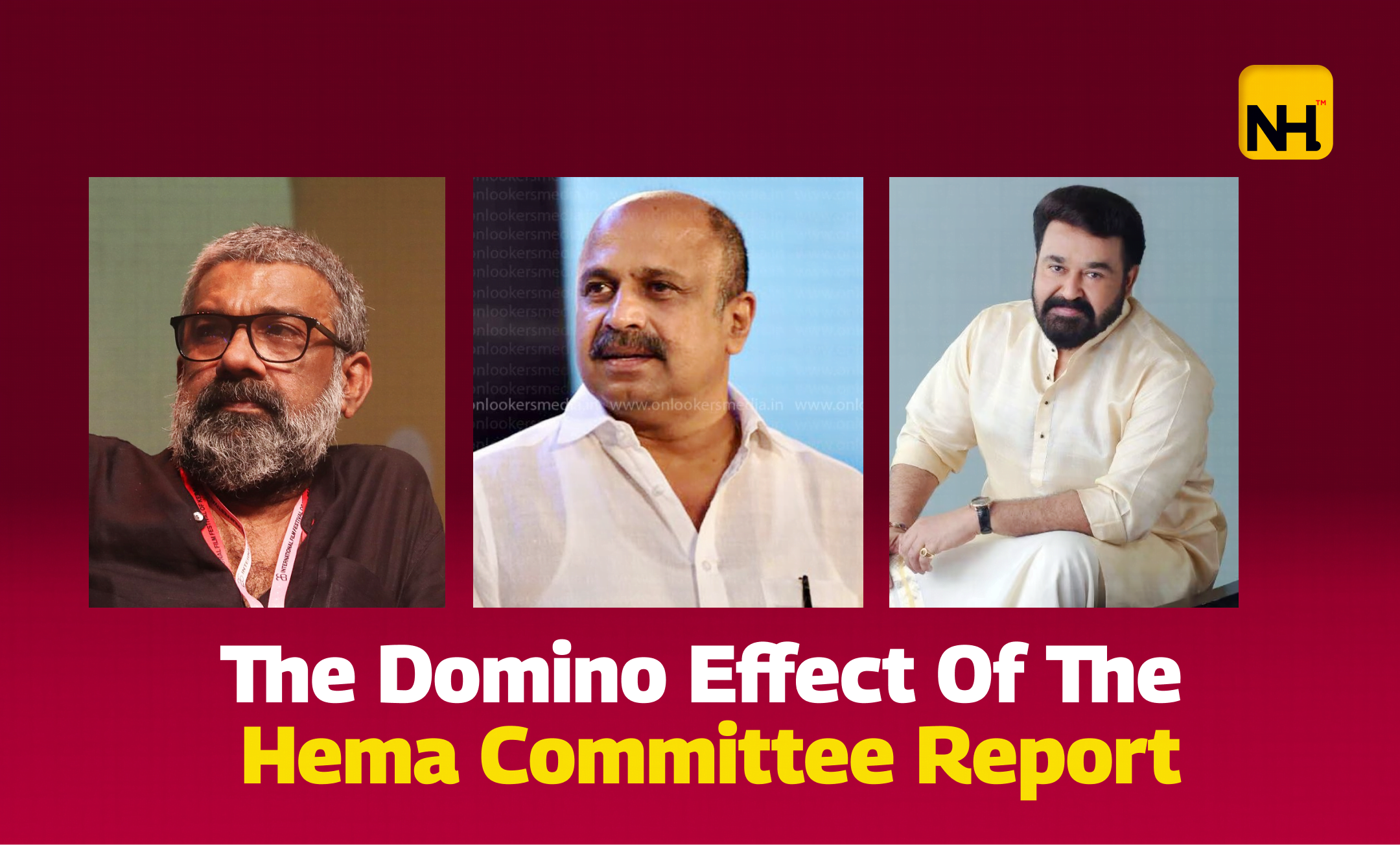The Malayalam film industry, once known for its cultural richness and artistic excellence, has been laid bare by the Hema Committee report, which has sent shockwaves through Kerala’s cinematic circles. The report has not only exposed systemic sexual harassment but has also implicated several prominent figures, including filmmaker Ranjith, actor Siddique, and veteran stars like Mukesh.
Following the publication of the Hema Committee report, filmmaker Ranjith, a celebrated name in Malayalam cinema, was accused of sexual misconduct by Bengali actor Sreelekha Mitra. According to Mitra, the alleged harassment occurred during an audition for Ranjith’s 2009 film, Paleri Manikyam: Oru Pathirakolapathakathinte Katha. In his resignation statement from his position as chairman of the Kerala State Chalachitra Academy, Ranjith dismissed the allegations as part of a conspiracy against him. He claimed that the accusations were driven by a group of people who opposed his leadership. His denial and resignation, however, do little to erase the damage inflicted upon his reputation and the trust in the institutions he represented.
Actor Siddique, another heavyweight, resigned from his position as general secretary of the Association of Malayalam Movie Artists (AMMA) after actress Revathy Sampath accused him of sexual assault. Sampath’s allegations detail a disturbing encounter in 2016, where Siddique allegedly contacted her through a fake social media profile under the pretense of discussing a film project. She claims that Siddique’s intentions quickly turned inappropriate, culminating in an hour-long assault. Siddique’s resignation came amidst mounting scrutiny and further allegations against other AMMA members, highlighting the pervasive nature of abuse within the industry.
The report also implicated Mukesh, a veteran actor and MLA from the CPI(M), in allegations of sexual harassment by actor Minu Kurian. Mukesh has responded by dismissing the allegations as part of a blackmail attempt. Despite these claims, Mukesh remains a member of the committee tasked with drafting cinema policies, a fact that has drawn criticism from many quarters. The dismissal of these allegations as politically motivated only serves to further complicate the issue and undermine the gravity of the accusations.
Mohanlal’s Silence and the Resignation of AMMA Office Bearers
In a dramatic turn, all office bearers of AMMA, including president Mohanlal, resigned in the wake of the Hema Committee report. This mass resignation was seen as an attempt to shift responsibility and mitigate the damage to AMMA’s reputation. Mohanlal’s silence on the issue, despite being a central figure in AMMA, has been widely criticized. Actor Shammy Thilakan accused Mohanlal of losing his ability to respond and failing to address the allegations seriously. Thilakan’s comments highlight a growing frustration with the lack of accountability and transparency in how such matters are handled.
The Reactions
The varied responses from actors and industry insiders further underscore the complexities and contradictions within the Malayalam film industry’s handling of these allegations.
Actor Prithviraj, while addressing the issue in a press conference, emphasized the need for thorough investigations and highlighted the importance of treating allegations with seriousness. He stated that if allegations are proven false, those responsible should face appropriate consequences. Prithviraj’s comments reflect a cautious optimism that these revelations could lead to meaningful change, though the path forward remains fraught with challenges. His stance also includes a call for introspection within AMMA, acknowledging past lapses in handling sexual harassment complaints.
In contrast, actor Jomol’s response to the Hema Committee report was starkly different. Jomol, who began her career as a child artist, downplayed the issue by claiming she had never faced harassment and was unaware of such practices within the industry. Her comments were widely criticized as dismissive and insensitive, particularly in light of the report’s findings that detailed systemic abuse. Critics argue that Jomol’s perspective fails to acknowledge the broader issues at play and the experiences of those who have come forward with allegations.
Screenwriter Deedi Damodaran’s response to Jomol’s comments was pointed and insightful. She emphasized that individual experiences should not negate the collective struggles of women in the industry. Damodaran’s critique underscores the need for solidarity and a collective approach to addressing systemic issues rather than focusing on isolated testimonies. Her remarks draw attention to the historical context of gender-based violence in cinema, citing past instances like the mysterious deaths of actresses as a reflection of the industry’s long-standing issues.



















































































